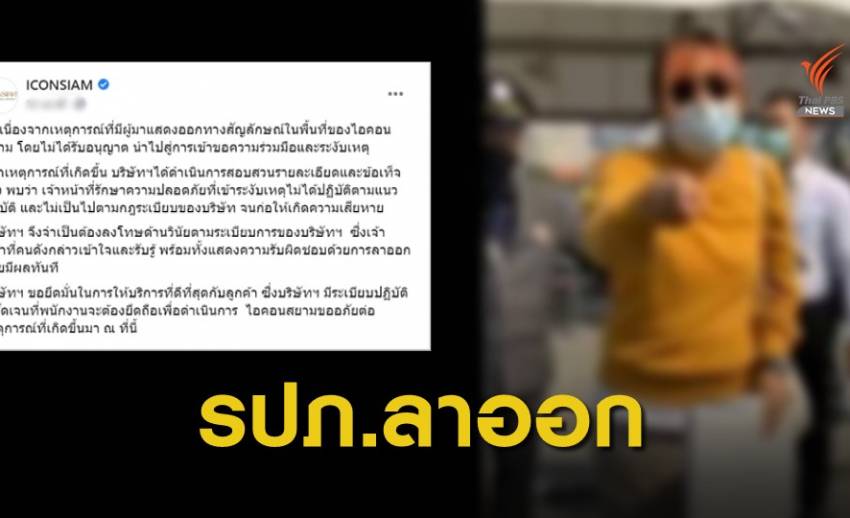“Friendly China will help us with a million doses”, welcomed, last weekend, the Cambodian Prime Minister Hun Sen. Cambodia has long been a staunch ally of Beijing, receiving billions of euros in soft loans and investments from China. This time, Beijing came to Phnom Penh to make a massive donation of its Sinovac vaccine – the effectiveness of which remains controversial – in a strategy to promote its health diplomacy.
Health at the service of Chinese geopolitics
In this regard, if the priority target that China is aiming for is its Southeast Asian territory, where it has major geostrategic interests, other continents, Africa, Latin America or even Europe, also benefit from the ” generosity “ Chinese. Beijing has already spread more than 40 million doses of Sinovac in Brazil (8 million cases, 203,000 deaths for 212 million inhabitants), 200,000 in Senegal, as well as in the United Arab Emirates (UAE), in Bahrain, in Turkey. And closer to home, Serbia, a candidate for membership of the European Union but which takes care of its relations with China, received on January 16 one million doses of Sinopharm vaccine.
In all, Beijing says it has the capacity to distribute more than 400 million doses of its three vaccines around the world. “For China this is a considerable stake, explains Philippe Le Corre, researcher at Harvard Kennedy School, and associate researcher at the Foundation for Strategic Research (FRS), it is a major political weapon which allows it to establish itself as a leading health leader, and to extend its influence in the world ”.
Cambodia, Philippines, Burma receive Chinese aid
Health in the service of geopolitics, therefore. And in this regard, the closest countries take precedence over Beijing. During his recent tour of Southeast Asia (the second in three months!), Chinese Foreign Minister Wang Yi not only offered one million doses to Cambodia (436 cases, zero deaths, out of 13 million inhabitants very little tested), but also more than 300,000 doses in neighboring Burma (134,795 cases, 2,973 deaths for 60 million inhabitants); and half a million in the Philippines (5 million cases, 10,000 dead, 110 million inhabitants) which had already signed an agreement to buy 25 million doses of Sinovac.
“China wants to strengthen its friendship with Philippine President Rodrigo Duterte, in difficulty in his fight against the virus and with a presidential election next year”, analyzes Aron Rebana, researcher at the Asia-Pacific research center in Manila.
The health crisis, a political opportunity
In Indonesia too (850,000 cases, at least 25,000 deaths, out of 272 million inhabitants), Beijing is on the offensive. “The country in Southeast Asia most affected by the coronavirus has opened its arms to China, presented as the savior of the country”, deplores Tagu Hajib, professor of political science at the University of Jakarta.
As proof, President Joko Widodo launched the national vaccination campaign on January 13, during Wang Yi’s Chinese visit, by being stung on television with the Chinese vaccine from Sinovac. Tagu Hajib points out that the territorial disputes and fishing rights in the South China Sea between Beijing and Jakarta have suddenly taken a back seat.
“What started as a major health crisis is turning into a political opportunity for China”, analyzes the sinologist Antoine Bondaz in a note from the Foundation for Strategic Research (FRS), for who ” it also takes on a role hitherto played by the great Western powers ”. In fact, Philippe Le Corre still recalls, the Chinese regime “Does everything to forget the Chinese origin of the virus, and to establish itself as an altruistic power that saves the planet”.
With some risks, however: in spring 2020, Beijing’s “mask diplomacy” had not been considered a great success in the West, because of the poor quality of the products shipped. This time, explains Philippe Le Corre, “China wants to strengthen its economic and financial presence on a global scale by offering or selling off its vaccines at strong regimes and health criteria inferior to ours”.
————-
Three Chinese vaccines approved
China has launched in the search for a vaccine in early 2020. It has tested 14 in humans, five are in the final phase of testing (phase 3), three of which have received official approval.
Two inactivated vaccines offered by the company Sinopharm appear to be 79% effective in most of the countries where they have been tested.
The Sinovac company offers an inactivated vaccine, Coronavac, whose effectiveness varies depending on the country where the tests take place: 91.25% in Turkey, 65.3% in Indonesia, 50.3% in Brazil. The WHO imposes a minimum protection of 50%.
These vaccines from Sinopharm and Coronovac have been tested on a large scale in Brazil, Turkey, Peru, Morocco and Indonesia, where the virus circulates – an essential condition -, while it no longer circulates as much in China.
For Western researchers, the scientific value of Chinese tests is questionable due to a lack of transparency and rigor. Each country has its own certification system.
– .


